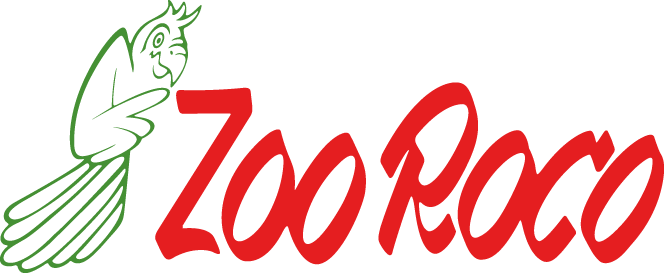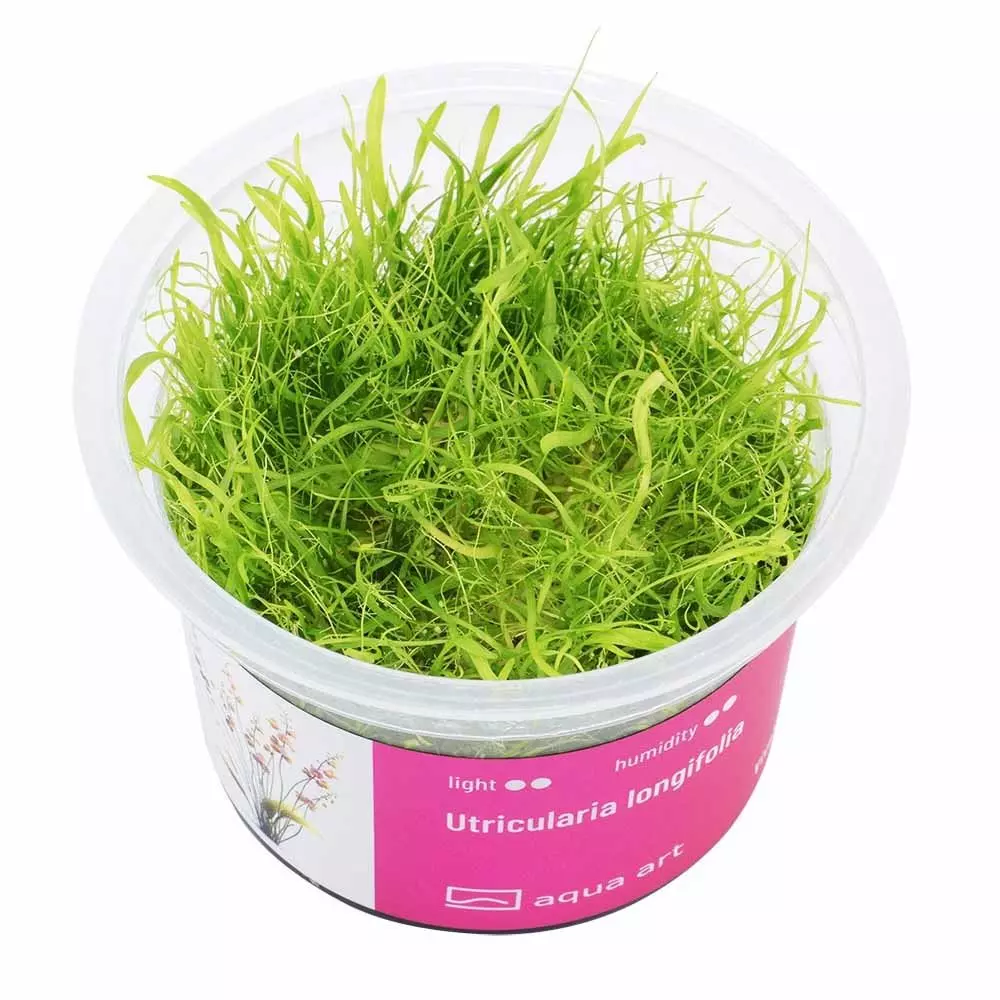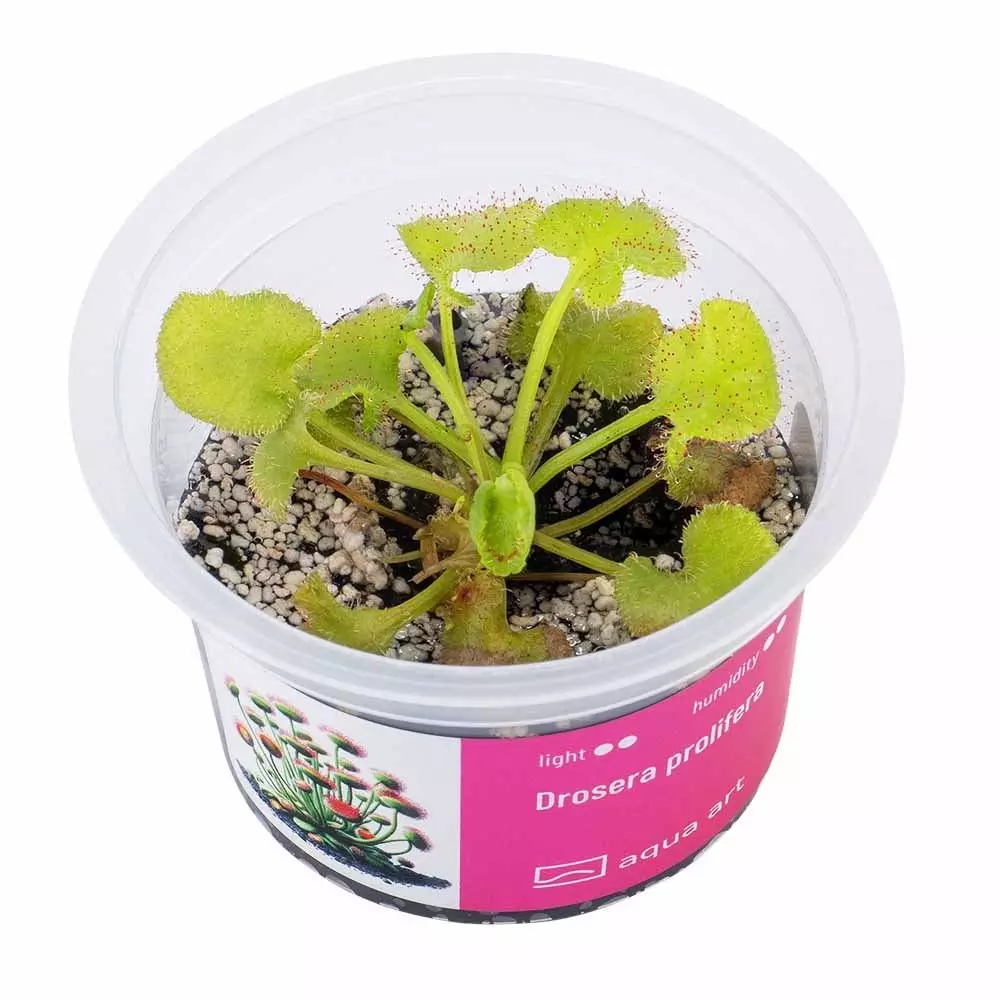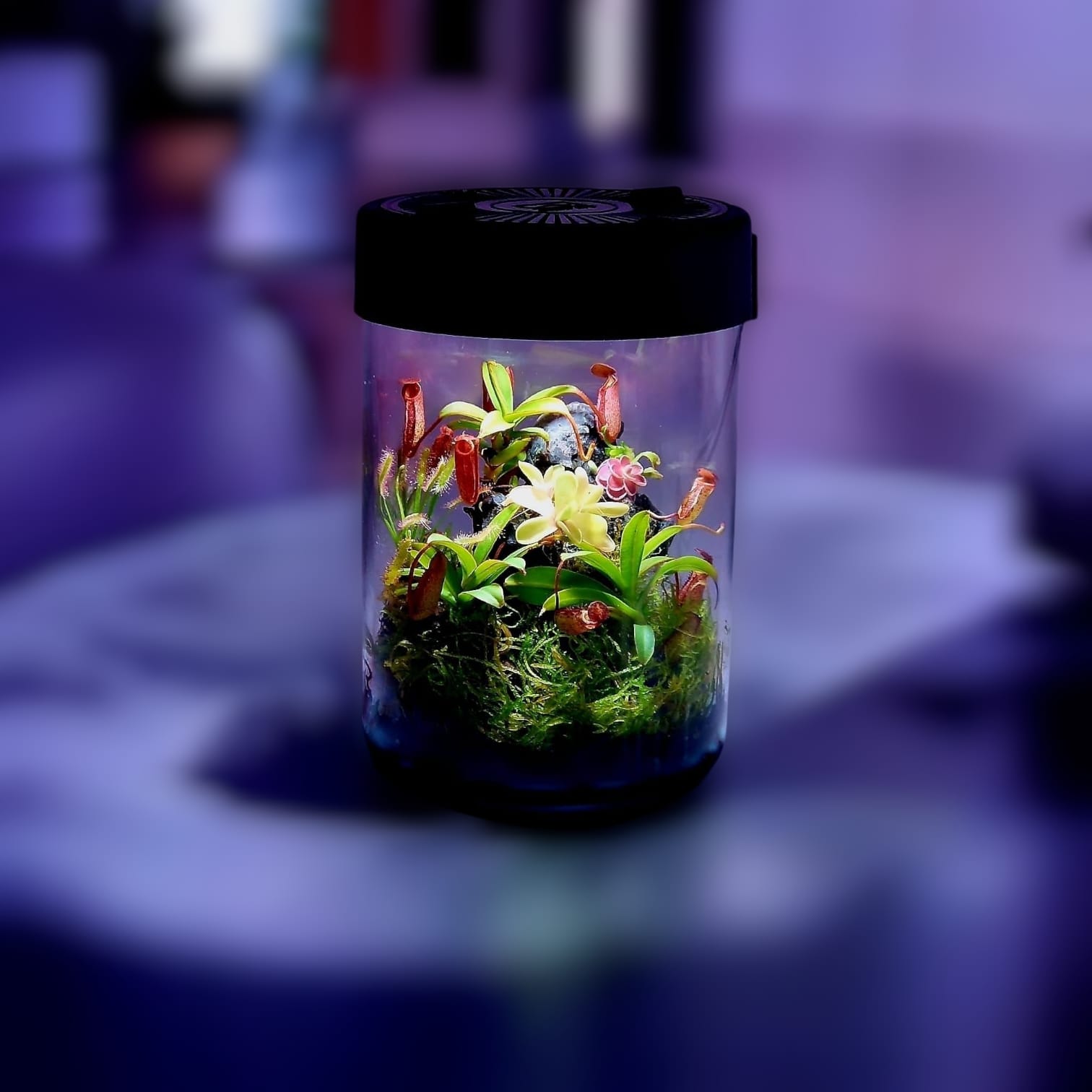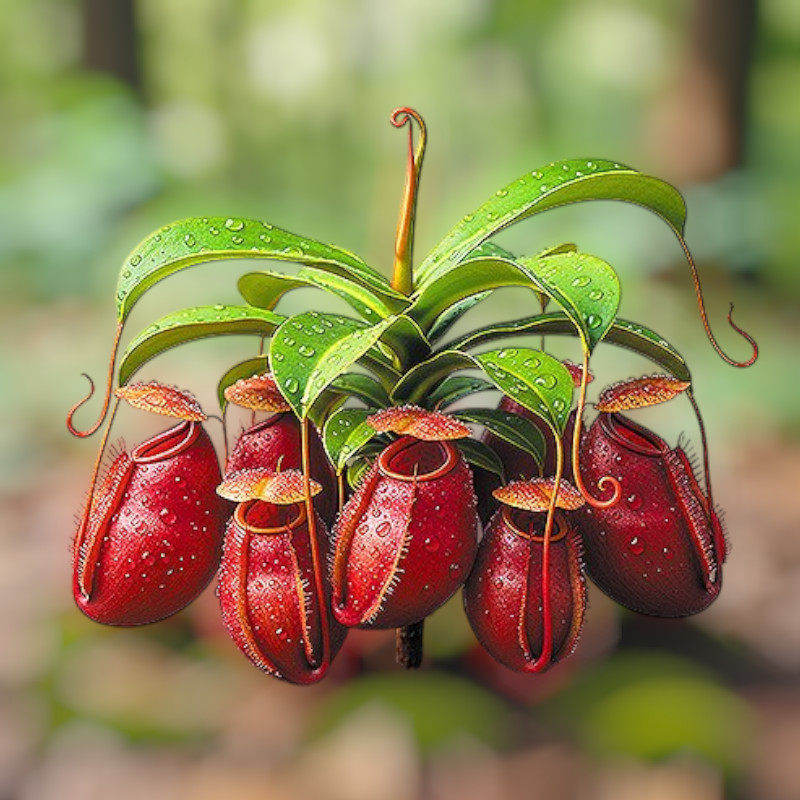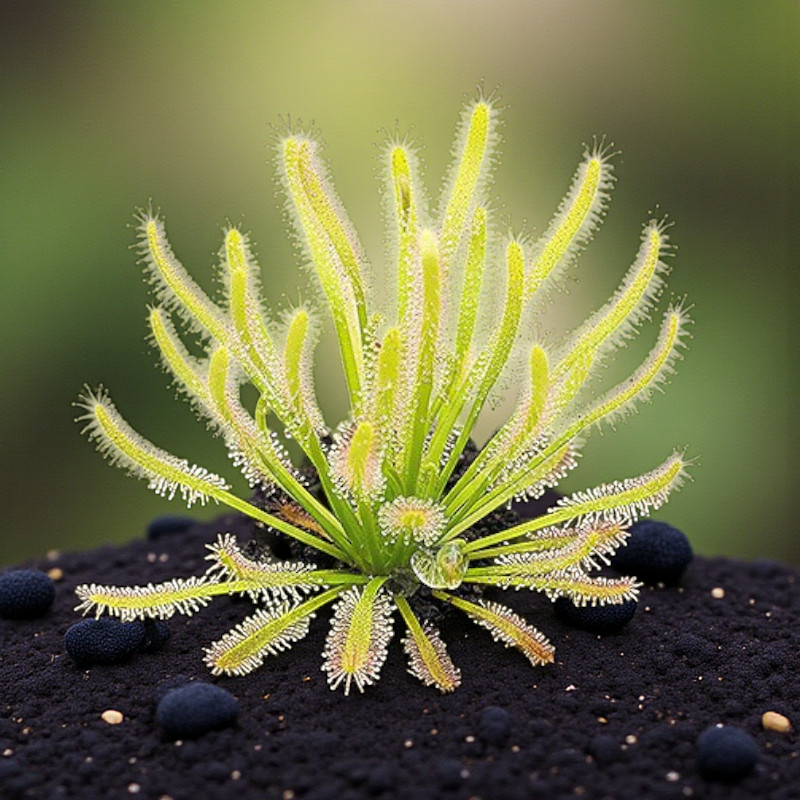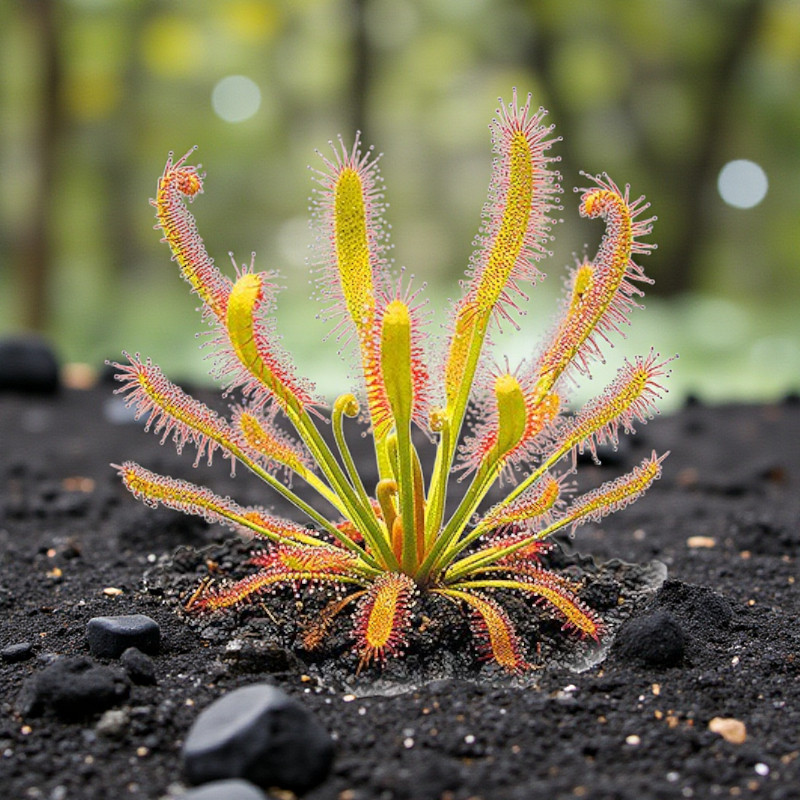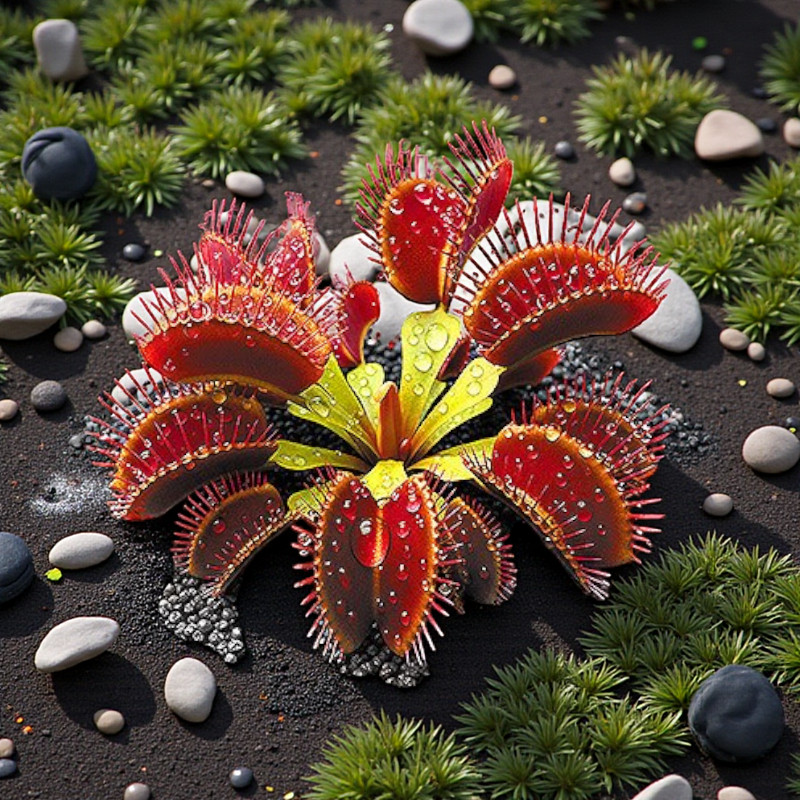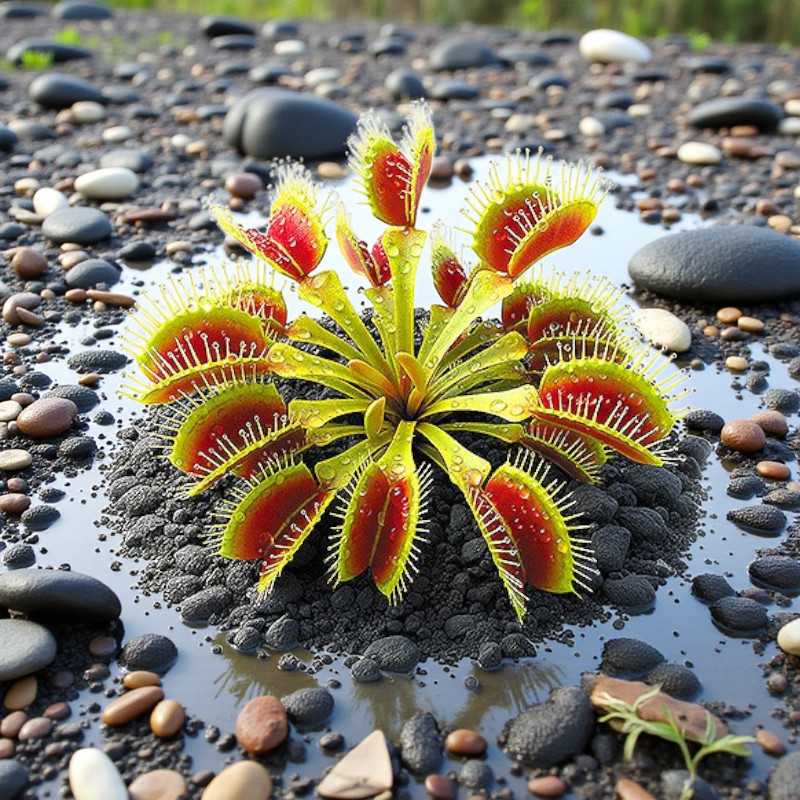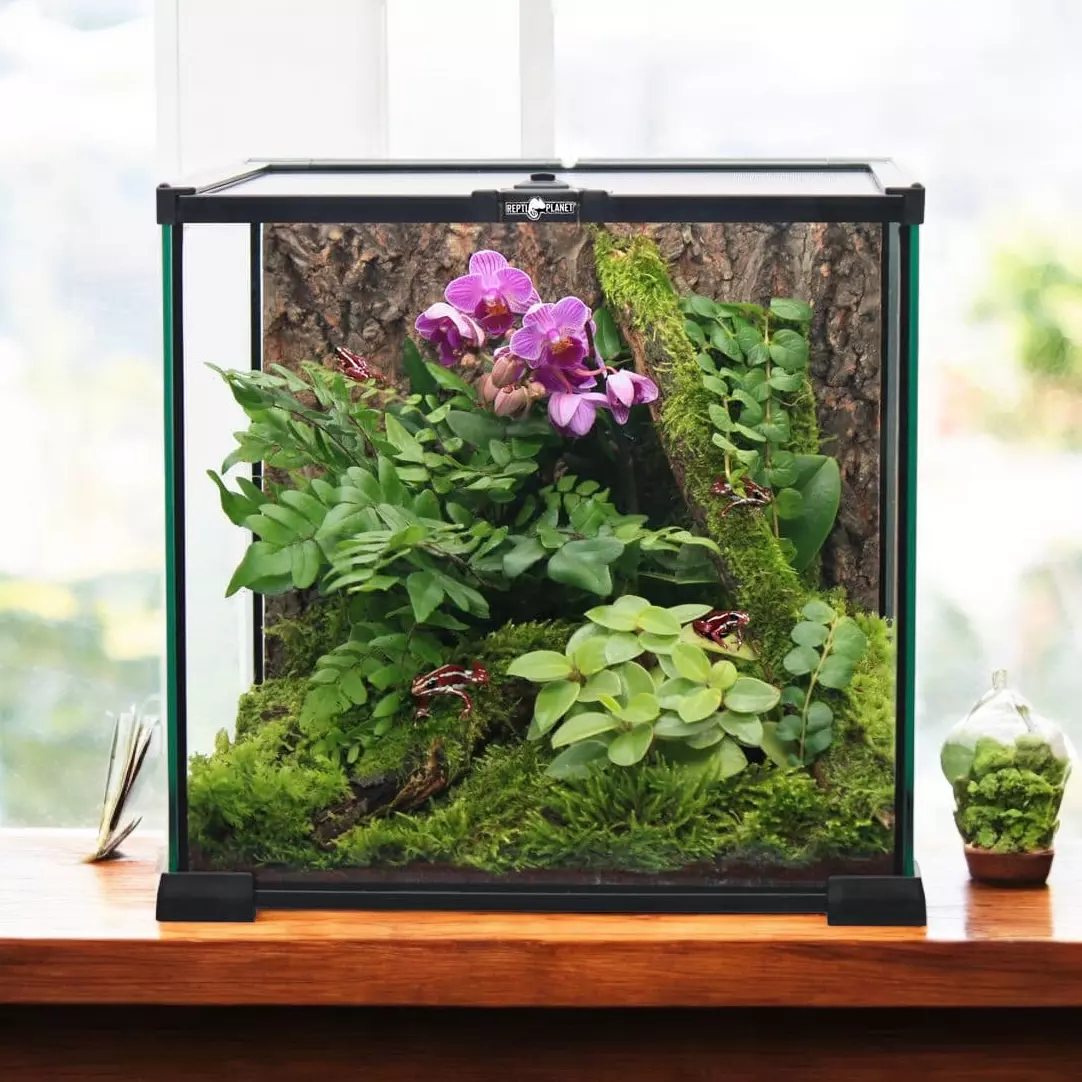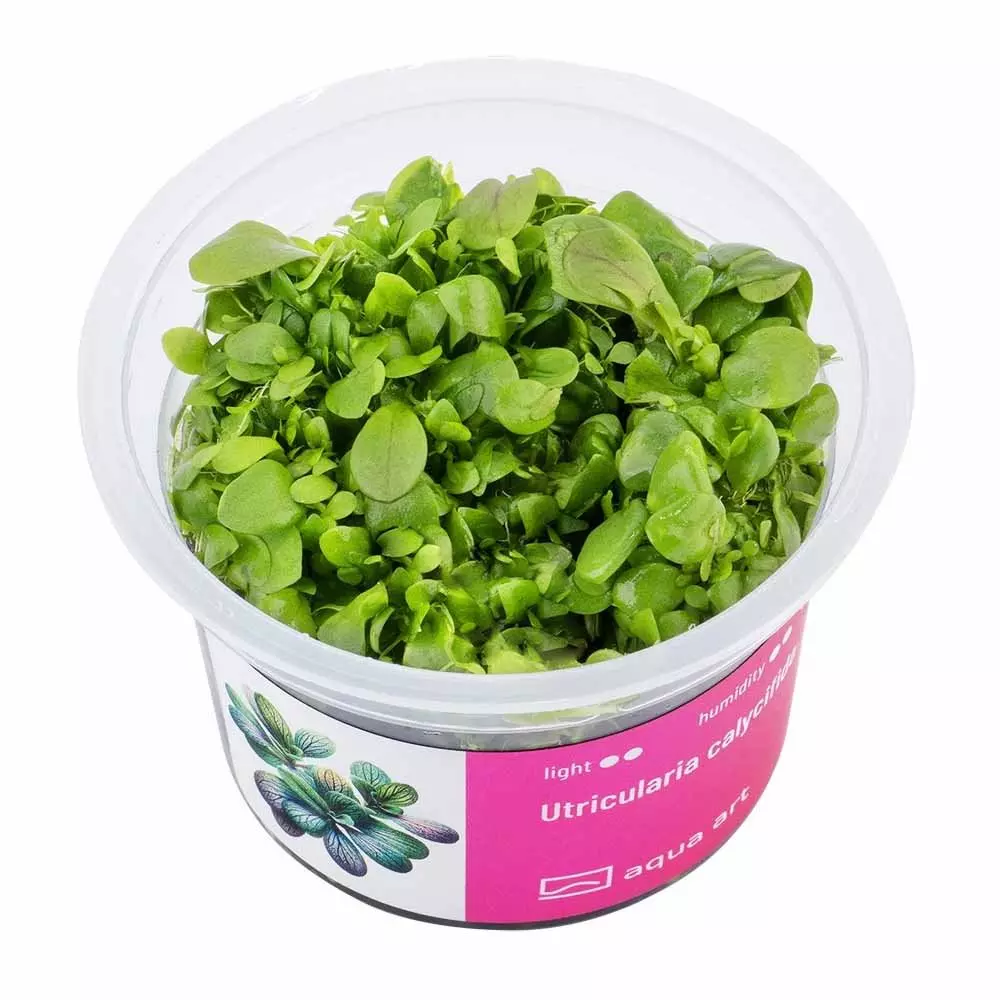
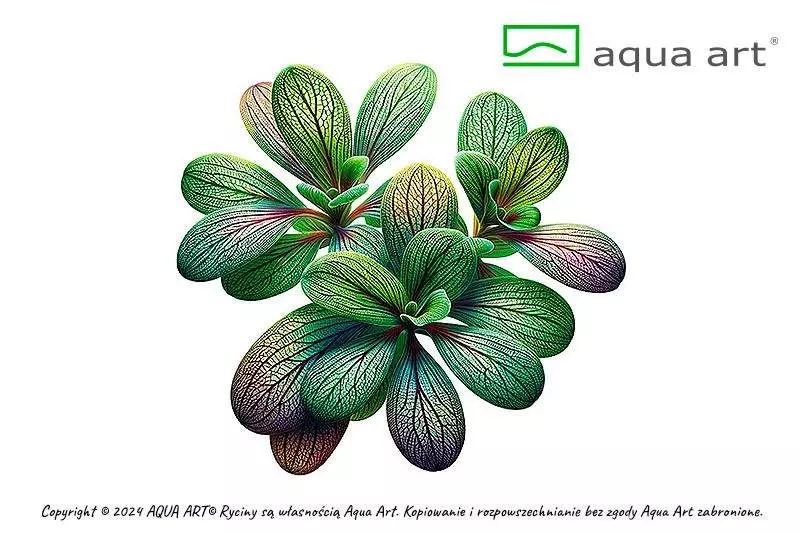














CHF 9.90
Stock: 0
Available in 1-3 days, acquisition time 14 days

Carnivorous plant - Utricularia calycifida
- supplied in an in-vitro cup
- Height up to 15 cm for the adult plant
- Full sunlight to partial shade
- Humidity: 70-80 %
- Temperature: 15-30 °C
- Flowers all year round
Size:
Forms floating rosettes of leaves and upright flower stems. The plants can reach a height of 5 to 15 cm.
Flowers:
Delicate and attractive flowers, usually bright yellow to yellow-green in color. The flower stalk is upright, with several flowers along the stem.
Light:
Full sun to partial shade - requires at least 6 hours of direct sunlight per day.
Substrate:
A well-drained mix, often consisting of peat, perlite and sand.
Feeding/fertilizing:
Avoid fertilizing the substrate! The plant gets all the nutrients it needs from the prey it catches or eats.
The humidity should be between 80-90%.
Tolerates a wide range of temperatures, preferring a temperate to warm climate.
0 of 0 reviews
Login
Customers also bought
Similar products
Customers also viewed
